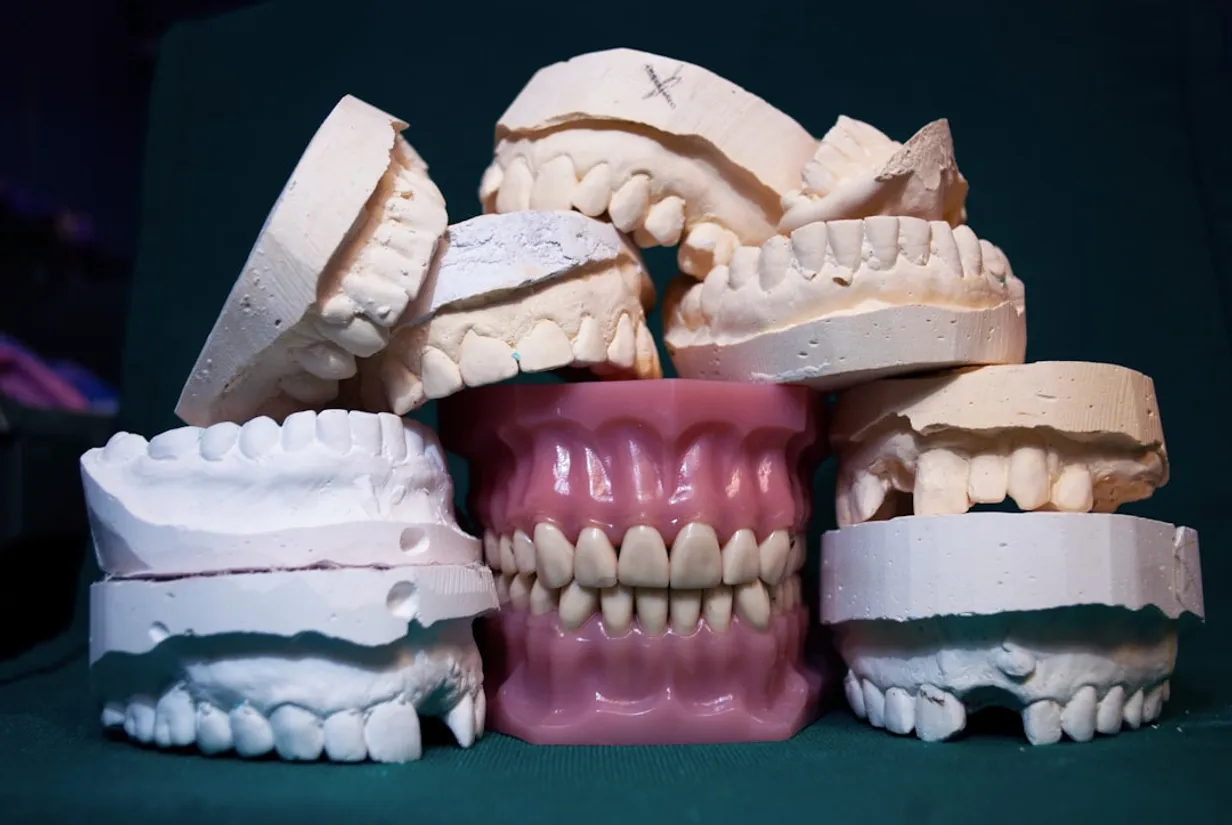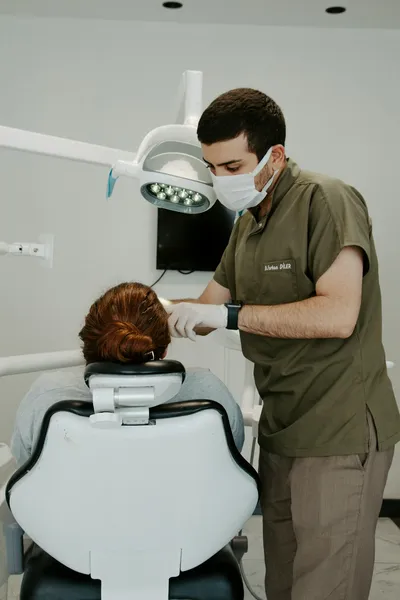Types of Dentures You Can Get and How to Know If You Are Suitable

Introduction to Dentures
When it comes to restoring lost teeth, dentures offer a versatile and effective solution. However, understanding the different types of dentures and determining your suitability for them can be daunting. In this guide, we will explore the various types of dentures available and help you identify the options that might be the best for you.
Types of Dentures
Complete Dentures
Complete dentures, also known as full dentures, are used when all the natural teeth in either the upper or lower jaw are missing. They consist of a flesh-colored acrylic base that fits over your gums. Complete dentures can be further classified into conventional and immediate dentures. Conventional dentures are made after the teeth have been removed and the gum tissue has begun to heal, which takes several months.
Partial Dentures
Partial dentures are suitable for individuals who still have some natural teeth remaining. These dentures consist of replacement teeth attached to a pink or gum-colored plastic base, sometimes connected by metal framework that holds the denture in the mouth.
Implant-Supported Dentures
Implant-supported dentures are anchored by dental implants, which provide a more secure and stable fit than traditional dentures. They can be either bar-retained or ball-retained, depending on how the dentures attach to the implants. Candidates for this type of denture need to have adequate bone density to support implants.
Custom Dentures
Custom dentures are tailored to fit your mouth. They are made from more expensive and durable materials, offering a more natural look and a better fit than standard dentures.
Snap-In Dentures
Snap-in dentures are a type of removable denture that adheres with the help of locator attachments affixed to dental implants. This type of denture is ideal for people with sufficient bone structure to support implants, offering better stability and a snug fit.
Determining Suitability for Dentures
Consult with a Dental Professional
One of the most important steps in determining your suitability for dentures is to consult with a dentist or prosthodontist. They will evaluate your oral health, take X-rays, and consider your dental history before recommending the best type of denture for you.
Assessment of Oral Health
Your current oral health plays a significant role in determining the type of denture suitable for you. Factors like the condition of remaining teeth, the health of your gums, and the density of your jawbone can influence which option will provide the most effective outcome.
Budget Considerations
Dentures come in various price ranges, and understanding your budget is vital. While custom and implant-supported dentures tend to be more expensive, they also offer greater comfort and longevity. Discuss your financial constraints with your dental professional to find an option that aligns with your budget.
Lifestyle Factors
Your lifestyle and personal preferences can also influence the decision. For instance, if you lead an active lifestyle or have specific aesthetic desires, certain types of dentures may be more suitable than others. It's crucial to consider how the denture will fit into your daily routine.
Conclusion
Choosing the right type of dentures involves understanding the different available options and assessing your dental and personal needs. Consulting with a dental professional can provide personalized advice to help you make an informed decision, ensuring that you choose the best denture type for a comfortable and functional outcome.
Popular Dental Implant Articles
Check out our most popular articles on dental implants and dentures, trusted by our readers for reliable information.



